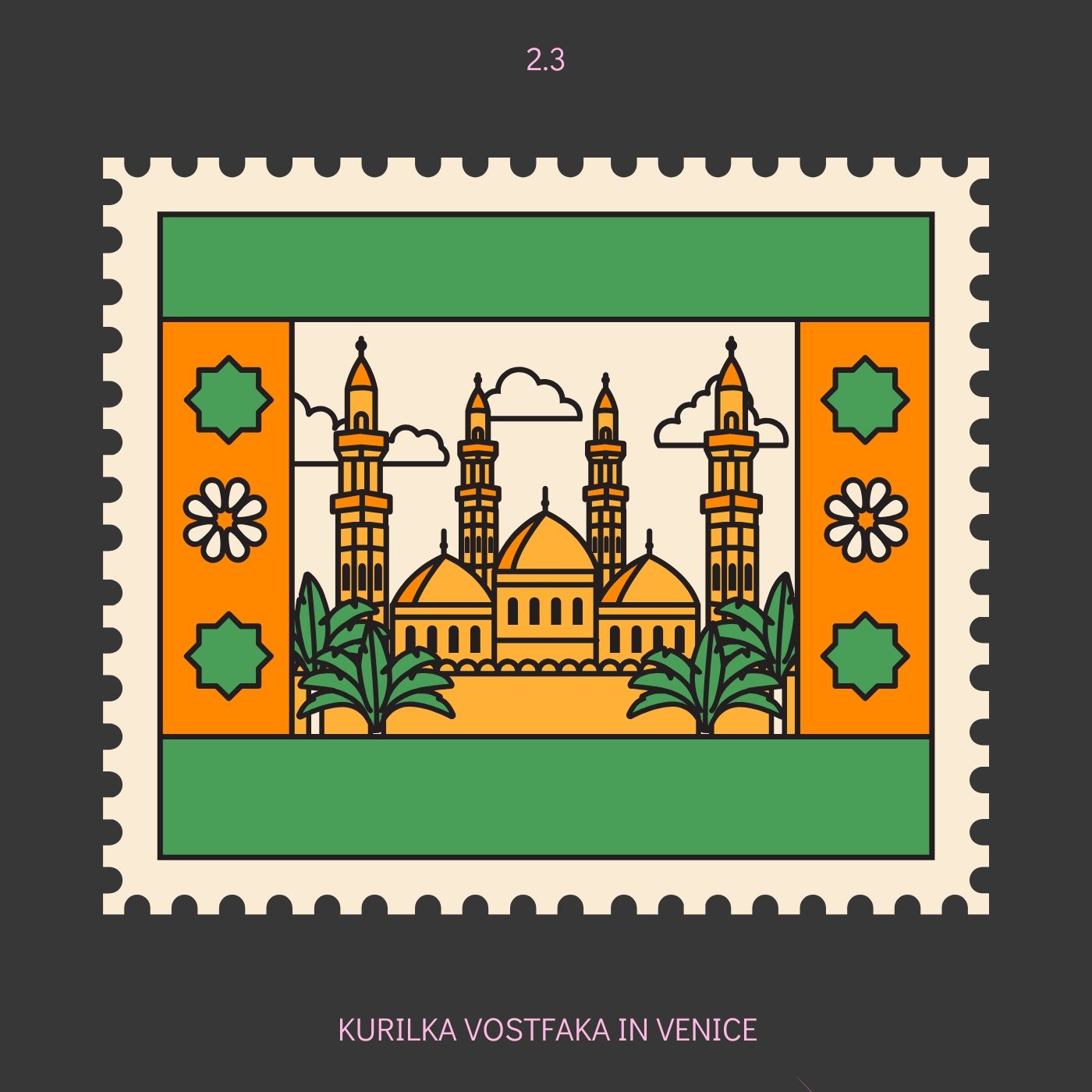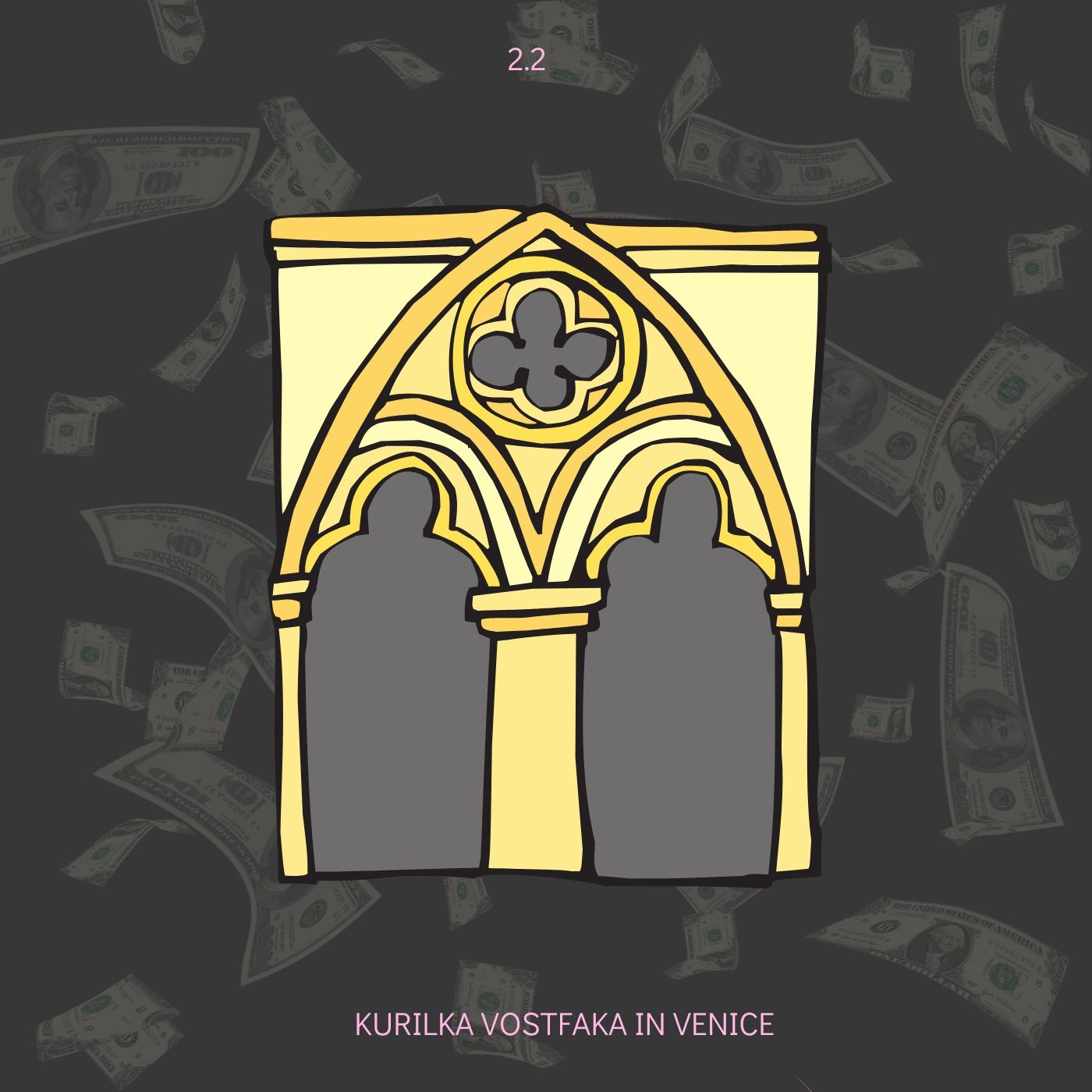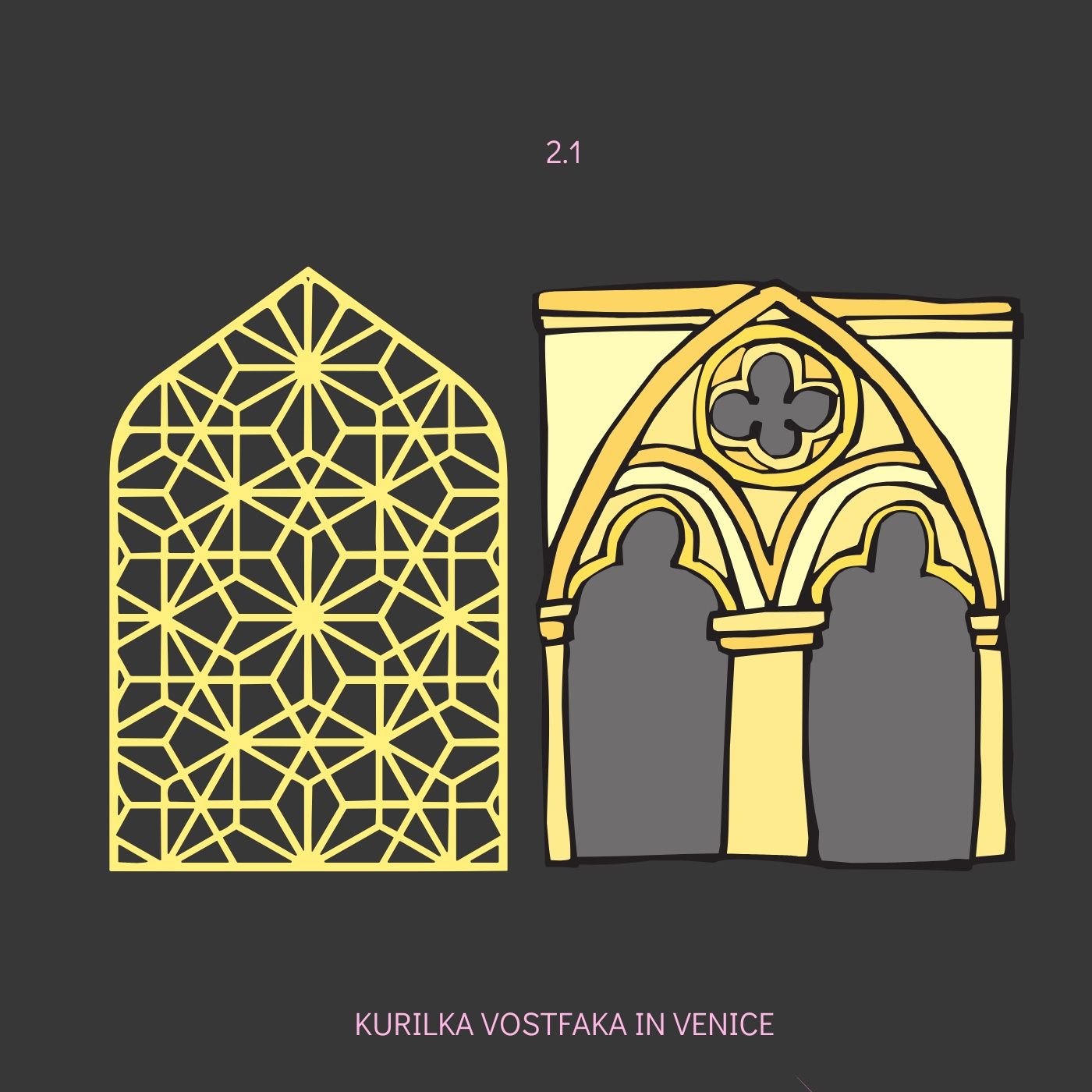Kurilka vostfaka
Subscribed: 0Played: 1
Subscribe
© Copyright Radio Ca' Foscari
Description
ITA
Kurilka vostfaka, che si traduce dal russo come La sala fumatori della Facoltà Orientale, è un programma nato a San Pietroburgo, uno dei principali centri europei di studi orientali. Oggi continua a Venezia, la porta d'Europa verso l'Oriente.
Questa "sala fumatori" è uno spazio concettuale, forse persino immaginario, dove traduttori, studiosi ed esperti si riuniscono per conversazioni informali su Asia e Africa. Ogni episodio esplora temi specifici, come l'arte islamica e le lingue orientali, o affronta domande esistenziali, ad esempio: chi è davvero un orientalista?
Il podcast è condotto da Valeria Bezrodnaya, studentessa dell'Università Ca' Foscari, ed è presentato in lingua russa.
ENG
Kurilka vostfaka, which translates from Russian as The Smoking Room of the Oriental Faculty, originated as a podcast in St. Petersburg, one of Europe's leading centers for Oriental studies. It continues today in Venice, Europe's gateway to the East.
This "smoking room" is a conceptual, perhaps even imaginary space where translators, scholars, and experts gather for informal conversations about Asia and Africa. Each episode explores particular topics such as Islamic art and oriental languages or delves into existential questions, like: Who is an orientalist, at all?
The podcast is hosted by Valeria Bezrodnaya, a student at Ca' Foscari University, and is presented in Russian.
Kurilka vostfaka, che si traduce dal russo come La sala fumatori della Facoltà Orientale, è un programma nato a San Pietroburgo, uno dei principali centri europei di studi orientali. Oggi continua a Venezia, la porta d'Europa verso l'Oriente.
Questa "sala fumatori" è uno spazio concettuale, forse persino immaginario, dove traduttori, studiosi ed esperti si riuniscono per conversazioni informali su Asia e Africa. Ogni episodio esplora temi specifici, come l'arte islamica e le lingue orientali, o affronta domande esistenziali, ad esempio: chi è davvero un orientalista?
Il podcast è condotto da Valeria Bezrodnaya, studentessa dell'Università Ca' Foscari, ed è presentato in lingua russa.
ENG
Kurilka vostfaka, which translates from Russian as The Smoking Room of the Oriental Faculty, originated as a podcast in St. Petersburg, one of Europe's leading centers for Oriental studies. It continues today in Venice, Europe's gateway to the East.
This "smoking room" is a conceptual, perhaps even imaginary space where translators, scholars, and experts gather for informal conversations about Asia and Africa. Each episode explores particular topics such as Islamic art and oriental languages or delves into existential questions, like: Who is an orientalist, at all?
The podcast is hosted by Valeria Bezrodnaya, a student at Ca' Foscari University, and is presented in Russian.
3 Episodes
Reverse
Comments








